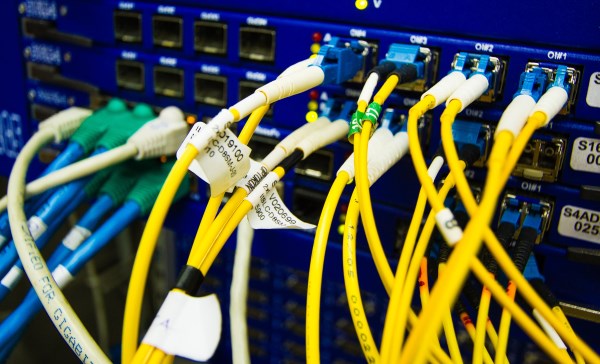Friday, 27/02/2026 | 14:09 GMT+7
The company, whose brands include Virgin Media, Ziggo, Unitymedia, Telenet and UPC, released its 2014 CR report on Monday, revealing a 31% improvement in carbon efficiency and 34% improvement in energy efficiency.
The savings put the company well ahead of its key environmental goals: to improve the efficiency of electricity consumption by 15% every year through 2020 and become five times more carbon efficient by the end of the decade, compared to 2012.
The economic benefits of these initiatives also grew by 15%, surpassing $325m in 2014.

Efficiency
The improvements were primarily achieved through continued investment in new network technologies and the optimisation of energy use at data centers, as well as the production and procurement of renewable energy.
The company – which produced revenue of more than $18bn last year – said that 90% of its energy consumption comes from powering its networks.
Liberty Global chief technology officer Balan Nair said: “Our stakeholders expect us to play our role in the global effort to address the impact of climate change by providing products and services that advance resource efficiency.
“This also helps us protect our business against increasing costs of energy and other resources.”
Innovation
In the UK, green initiatives included the digging of smaller trenches for the laying of broadband fibre optic cables. By making trenches both narrower and shorter, 60% less asphalt and 50% less concrete is required to refill the trenches, and the work can be done in 50% of the time.
Elsewehere, Liberty Global – which operates in 14 countries – made 37% of its newly deployed set-top boxes and modems from refurbished stock.
In total, more than 4.4 million set-top boxes and modems were refurbished, avoiding approximately 7,200 metric tons of waste that would otherwise have ended up in landfill sites.
Liberty Global’s biggest UK rivals have also embarked on successful green initiatives, with BT cutting energy consumption by 4% year-on-year, and Sky reducing weighted emissions by 40% since 2009.
Mai Linh








 Consultation on the methodology for developing and updating energy consumption standards for four major industrial sectors
Consultation on the methodology for developing and updating energy consumption standards for four major industrial sectors
 Opening of the 2025 Energy-Efficient Equipment and Green Transition Exhibition Fair
Opening of the 2025 Energy-Efficient Equipment and Green Transition Exhibition Fair
 Energy-saving solutions and green transition promotion
Energy-saving solutions and green transition promotion
 The 9th VEPG Steering Committee Meeting: Strengthening Coordination for Viet Nam’s Just Energy Transition
The 9th VEPG Steering Committee Meeting: Strengthening Coordination for Viet Nam’s Just Energy Transition